Nike, Inc.
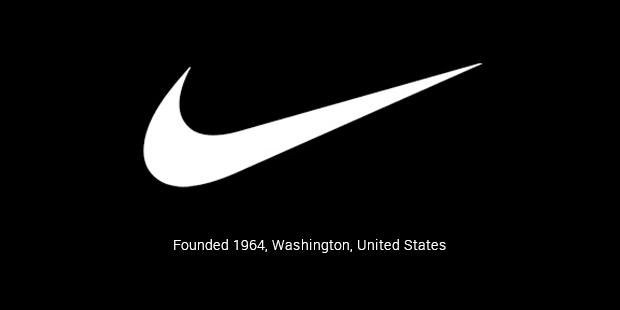
History
Nike was previously known as Blue Ribbon Sports (RBS) founded in 1964 by Phil Knight and Bill Bowerman. Phil Knight was a middle distance runner hailing from Portland who trained under track and field coach Bill Bowerman. Bill Bowerman was looking for ways to enhance his student’s performance and tried improving their shoes in his free time.
He tried many different combinations but they were not very successful. In the mean time his student Phil Knight went on to complete his MBA in Finance from Stanford University. There he wrote an assignment suggesting the manufacturing of shoes in Japan which would help retailers compete with the well established German brands.
Founders
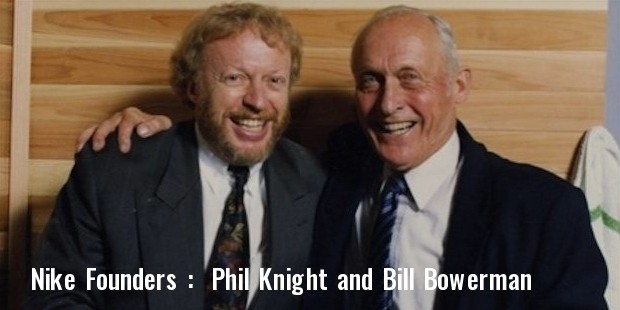
His suggestions fell on deaf years so he himself decided to import shoes from Japan and sell them in his local area. He tried to sell his initial stock of shoes to his previous coach Bowerman but he was interested to join him and so they decided to become equal partners. Though the business started slow, by 1965 sales had reached an impressive $20,000.
Nike Success
Nike, Inc., established in 1964 as Blue Ribbon Sports by Phil Knight and Bill Bowerman, has evolved into a global leader in athletic footwear, apparel, and equipment. The company's success is attributed to several key factors:
1. Strong Brand Identity: Nike's iconic "Swoosh" logo and the "Just Do It" slogan have become synonymous with athletic excellence and motivation. These elements have solidified Nike's position as a cultural icon, resonating with consumers worldwide.
2. Innovative Products: Nike consistently invests in research and development to create cutting-edge products. Collaborations with athletes have led to groundbreaking designs, such as the Air Jordan line, which revolutionized basketball footwear and culture.
3. Effective Marketing Strategies: The company employs impactful advertising campaigns and strategic athlete endorsements. Notable campaigns like "Tag" have garnered critical acclaim and consumer engagement, enhancing brand visibility and appeal.
4. Global Reach and Market Penetration: Nike's extensive distribution network and strategic partnerships have facilitated its expansion into international markets, making its products accessible to a diverse consumer base.
5. Digital Transformation: Embracing digital innovation, Nike has enhanced customer experiences through online platforms and personalized services, adapting to changing consumer behaviors and technological advancements.
As their business was established by now they tried to launch their own line of shoes. After years of struggle, in 1971 they came up with lighter weight training shoes that had an outsole with waffle-type nubs for traction. They debuted their training shoes in the 1972 U.S. Track & Field Trials.
Nike's First Shoe
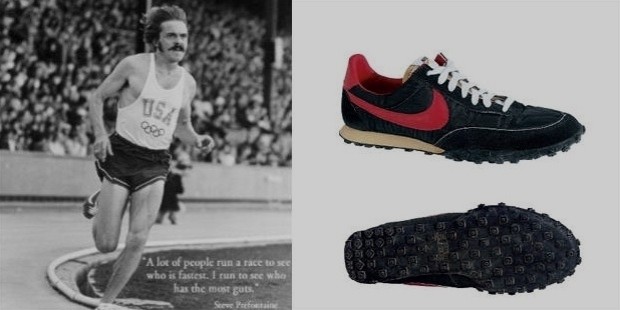
Their first brand ambassador was Steve Prefontaine, who during his college career from 1969 to 1972 set seven American records from the 2,000m to the 10,000m. Soon they launched the Nike Air technology in 1979. This was able to furthur strengthen their status as a successful competitor to the competition that existed. The growth that Nike experienced was tremendous during this stage which lead them to go for Initial Public Offering by the end of 1980. Soon their brand had grown very popular with the fitness affecinidos. And by 1982 they had become the No.1 supplier for athletic/training shoes in America.
Nike Logo
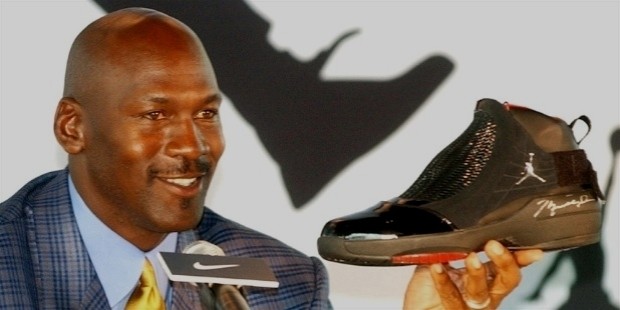
Nike’s brand logo ‘Swoosh’ and tagline 'Just Do It' had become a commonly recognisable symbol in the American households. In 1985, they went on to design signature shoes for an NBA rookie named Michael Jordan and his increasing popularity took Nike’s sales to break new records. Soon Nike moved in to designing apparel and other cross-training accessories. They signed various international teams like the Brazil football team, U.S. men’s and women’s soccer team. In 1996, again they signed up a rookie golfer Tiger Woods for a sum of $5 million per year. And the rest as they say, is history.
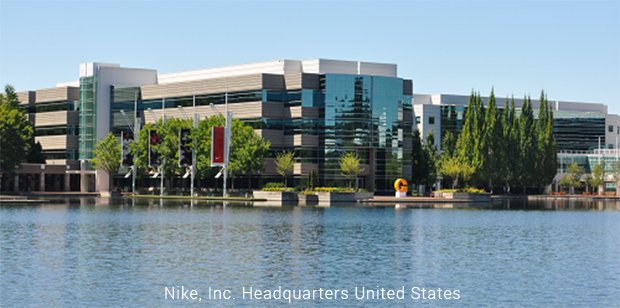
Environmental Record
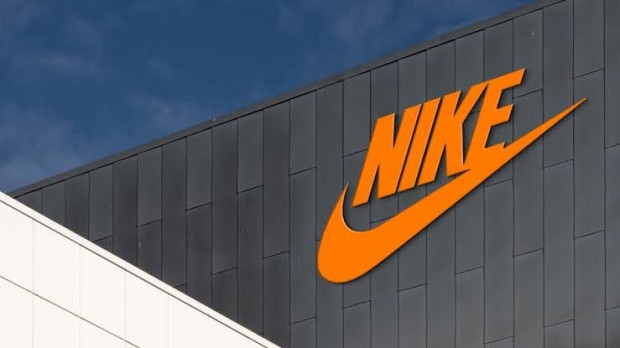
Carbon Emissions Reduction
In its Fiscal Year 2023 (FY23) Impact Report, Nike reported a 69% reduction in greenhouse gas emissions from its owned or operated facilities. The company also sources 96% of its electricity from renewable sources for these facilities, aligning with its 2025 renewable energy targets.
Waste Minimization and Circularity
Nike's "Move to Zero" campaign represents its commitment to achieving zero carbon and zero waste. The company has introduced products like Nike Forward, which is made with an average of 75% less carbon compared to traditional knit fleece.
Sustainable Materials and Innovation
Nike is scaling sustainable innovations throughout its business to reduce environmental impact. The company has set bold, science-based targets and is optimistic about creating a future in which all thrive.
Challenges and Criticisms
Despite these efforts, Nike has faced scrutiny regarding its environmental claims. In July 2024, a class-action lawsuit alleged that the company misled consumers about its sustainability practices. The lawsuit claimed that Nike's emissions had doubled since 2020, despite its publicized environmental goals.
CEO
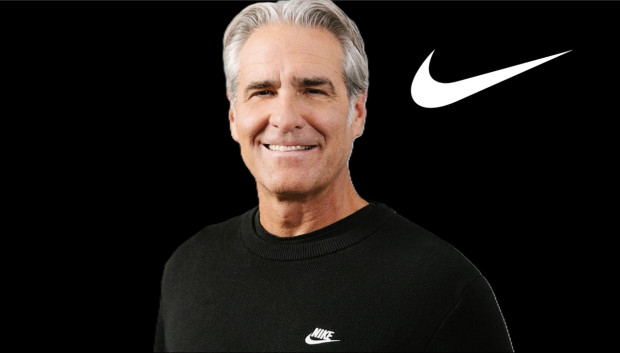
Elliott Hill, a seasoned executive with over 32 years at Nike, Inc., was appointed as the company's President and Chief Executive Officer on October 14, 2024. His extensive tenure at Nike began in 1988 when he joined as an intern, and over the years, he ascended through various leadership roles across Europe and North America. Before his retirement in 2020, Hill served as President of Consumer and Marketplace, overseeing all commercial and marketing operations for both Nike and the Jordan Brand, contributing to the company's growth to over $39 billion.
Hill's educational background includes a bachelor's degree from Texas Christian University and a master's degree from Ohio University. His early career featured a position as an assistant athletic trainer with the Dallas Cowboys, reflecting his longstanding connection to sports.
Milestones
Nike kept launching new editions of their landmark training shoes. They developed Nike Shox in 2000 which was very well recieved worldwide. Today Nike is a vast empire which encorporates various sports like tennis, baseball, soccer, cricket and athletics.
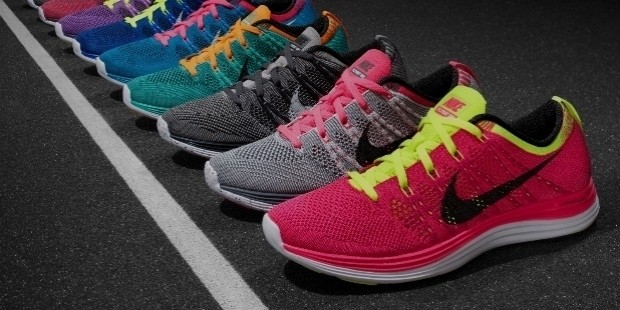
Bill Bowerman’s desire for finding a better solution and Phil Knight’s business innovation have led to making Nike one of the most profitable and recognisable companies on the planet. In 2012, its annual revenue was more than $24 billion.
Nike acuired companies on it's way to success, and they've also sold off most of them. One such company is Umbro. right now, Nike has two subsidiaries, Converse Inc. and Hurley International.
Nike sponsors several football, tennis and basketball players. They also have a special line of shoes for athletes.
Nike employs more than 44,000 people and its brand alone is valued at nearly $10 billion. Nike’s success has been the result of the constant innovation and timely investments that have resulted in Nike making profits worth hundreds of million dollars every year.
Controversies

Labor Practices and Sweatshops
In the 1990s, Nike was criticized for utilizing sweatshops in countries like Indonesia, China, Vietnam, and Mexico. Reports highlighted issues such as low wages, excessive working hours, and child labor. Activist groups documented violations of minimum wage and overtime laws in Vietnamese factories as late as 1996. Although Nike claimed to have addressed these practices, concerns persisted into the 2000s. In 2001, a BBC documentary uncovered instances of child labor and poor working conditions in a Cambodian factory contracted by Nike. As of July 2011, Nike acknowledged that two-thirds of its factories producing Converse products did not meet the company's standards for worker treatment.
Tax Avoidance Allegations
In November 2017, the Paradise Papers revealed that Nike used offshore companies to avoid taxes. The company transferred ownership of its Swoosh trademark to a Bermudan subsidiary, allowing it to charge royalties to its European headquarters in the Netherlands, effectively converting taxable profits to accounts in tax-free Bermuda. This strategy enabled Nike to significantly reduce its tax liabilities.
Colin Kaepernick Advertising Campaign
In September 2018, Nike launched an advertising campaign featuring former NFL quarterback Colin Kaepernick, known for kneeling during the national anthem to protest racial injustice. The campaign's tagline, "Believe in something. Even if it means sacrificing everything," sparked both praise and backlash. Some consumers boycotted Nike products, while others supported the company's stance on social issues. Despite the controversy, Nike reported a rise in sales following the campaign.
Allegations of Forced Uyghur Labor
In December 2021, the European Center for Constitutional and Human Rights filed a criminal complaint against Nike and other brands, alleging they benefited from the use of forced Uyghur labor in Xinjiang, China. In July 2023, the Canadian Ombudsperson for Responsible Enterprise opened an investigation into Nike to probe these allegations. Research from various groups accused Nike of using forced labor camps exploiting Muslim Uyghurs in China.
Sexual Harassment and Gender Discrimination Lawsuit
In December 2022, a long-running sexual harassment and gender discrimination lawsuit against Nike produced over 5,000 pages of records, including surveys of female employees alleging sexist attitudes and behavior at the company, alongside corporate bullying and fears of retaliation. The documents, dating back to 2018, detailed concerns about a culture of exclusion and inequality within Nike.
Ambush Marketing Tactics
Nike has been known for ambush marketing strategies, particularly during major sporting events. In the 1992 Summer Olympics, while Reebok was the official sponsor, Nike signed prominent players on the U.S. men's Olympic basketball team. At the podium ceremony, Michael Jordan famously covered the Reebok logo with the American flag. Similar tactics were employed during the 1996 Summer Olympics and various FIFA World Cup tournaments, leading to criticism and the implementation of stricter marketing regulations.
- Full Name :
- Nike, Inc.
- Founded :
- 1964
- Founder :
- Phil Knight
- CEO :
- Elliott Hill
- Industry :
- Fashion & Retail
- Sector :
- Public
- Country :
- USA
- Website :
- nikeinc.com









